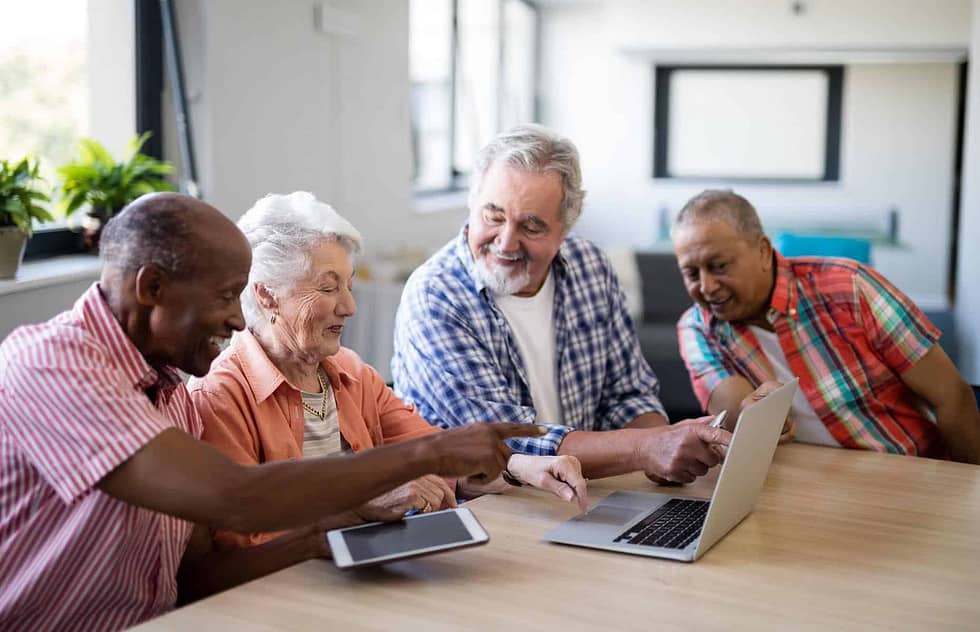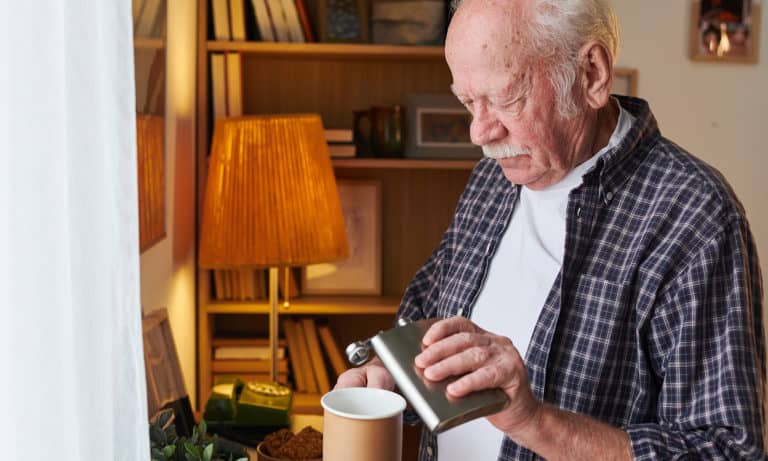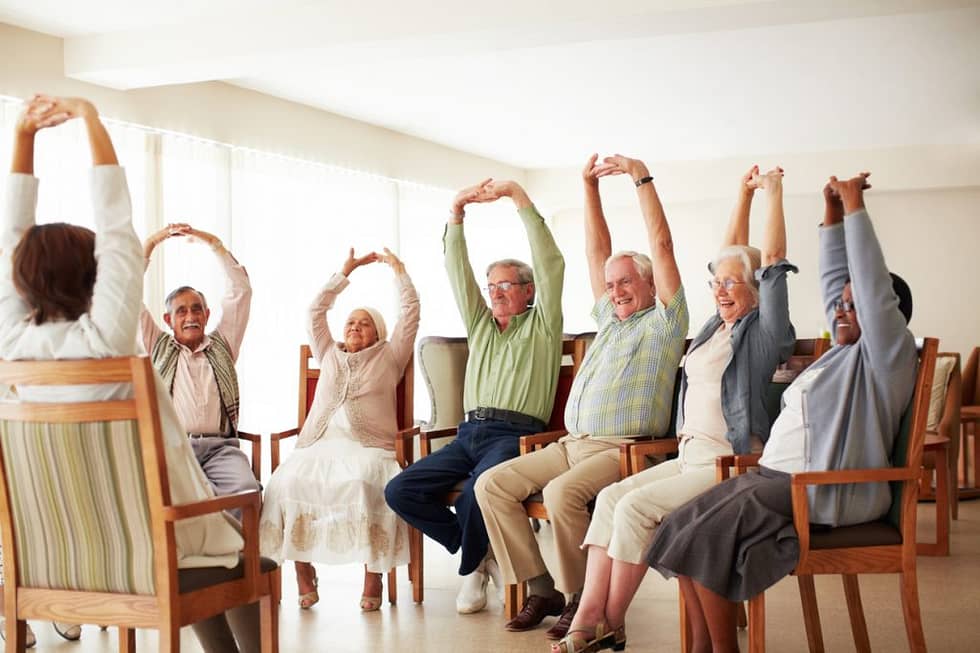
As the world becomes more digital, the use of technology is becoming increasingly important for people of all ages. Seniors, in particular, can benefit greatly from the use of apps that are designed to help them stay connected, healthy, and entertained. In this article, we will discuss the importance of apps for seniors and provide some app suggestions that are specifically designed to meet their needs.
The Importance of Apps for Seniors
Apps can be a valuable tool for seniors as they provide an easy and accessible way for them to stay connected to their loved ones, manage their health, and engage in various activities. Many seniors may find it challenging to keep up with new technology and may feel intimidated by it. However, apps that are designed with seniors in mind are usually user-friendly and straightforward to use, making them an excellent resource for those who may not be tech-savvy.
Apps can also help seniors stay connected with family and friends. For example, video calling apps like Skype and Zoom can help seniors stay in touch with loved ones who may live far away. Social media apps like Facebook and Twitter can also help seniors stay connected with friends and family and keep up with current events.
Another important aspect of apps for seniors is their potential to help manage health. Many apps are available that can help seniors monitor their medications, track their physical activity, and manage chronic conditions like diabetes and high blood pressure. These apps can help seniors take control of their health and live a more active and healthy lifestyle.
App Suggestions for Seniors
Lumosity: This app is designed to help seniors keep their minds sharp and improve their cognitive abilities. Lumosity offers a wide range of games and puzzles that are scientifically designed to challenge the brain and improve memory, attention, and problem-solving skills.
Silver Surf: This app is designed to make it easier for seniors to use technology. It offers a simplified interface that is easy to use, along with large buttons and text that make it easier to navigate. Silver Surf also provides tutorials and tips to help seniors get the most out of their devices.
Pillboxie: This app is designed to help seniors manage their medications. It provides reminders to take medications at the right time and also provides information about the medication, including dosages and potential side effects.
Fitbit: This app is designed to help seniors stay active and healthy. It tracks physical activity, including steps taken and calories burned, and provides personalized fitness goals and challenges to keep seniors motivated.
Words with Friends: This app is designed to help seniors stay connected with friends and family through a fun and challenging game. It is similar to Scrabble and can be played with anyone who has the app, regardless of where they are located.
Apps can be a valuable resource for seniors as they provide an easy and accessible way for them to stay connected, manage their health, and engage in various activities. The apps discussed in this article are just a few examples of the many apps that are available to seniors. As technology continues to advance, it is likely that more apps will be developed that are specifically designed to meet the needs of seniors.






